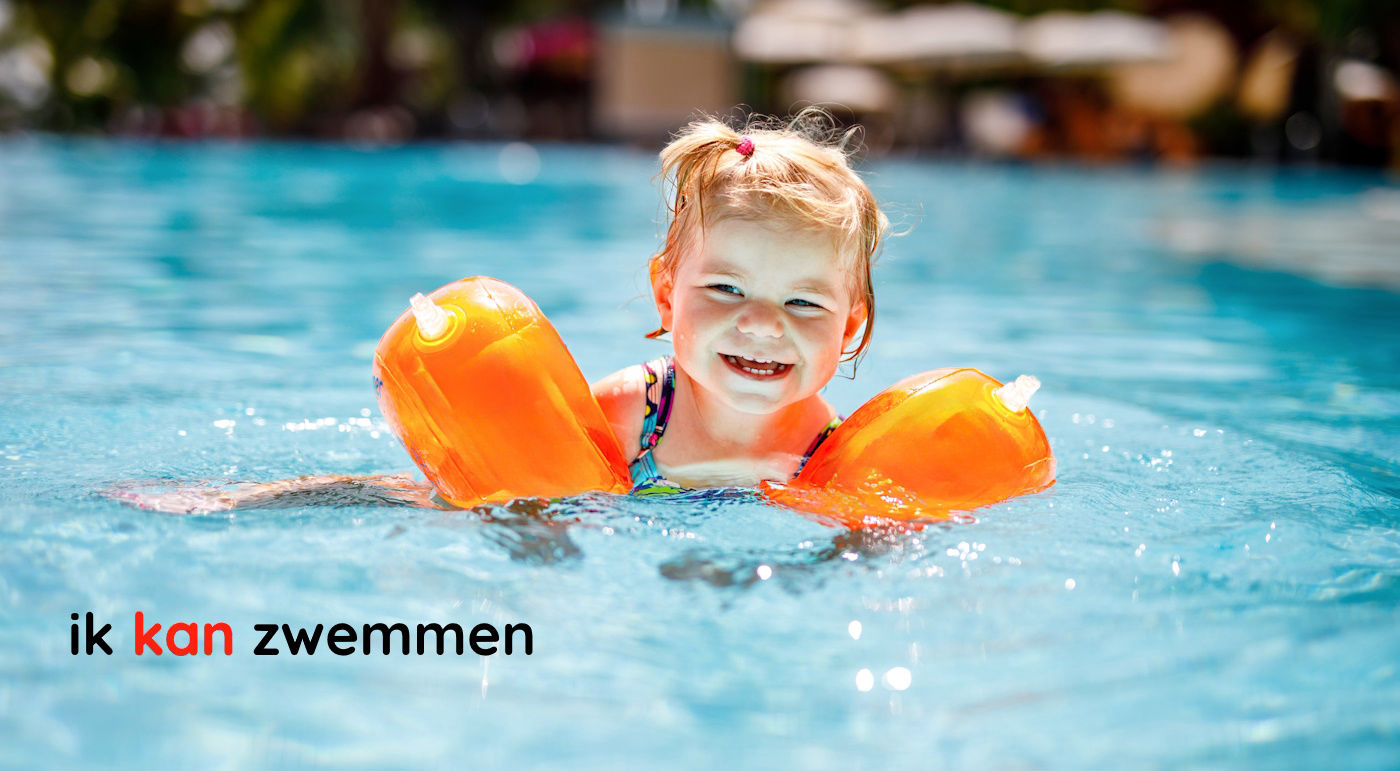
all kinds of goods
so called helping verbs

all kinds of goods
In Dutch, we have verbs that are called "hulpwerkwoorden". They are not related to the main action but give extra information. Examine the next examples.

This verb means you are able to do something.
Examples:
1: I can swim.
2: We can go to the park tomorrow.

This verb means you have permission to do something.
Examples:
1: You may not smoke here.
2: May I have a piece of cake?

This verb means you have to do something.
Examples:
1: You have to get up early tomorrow.
2: We must finish this report today.

This verb means you want to do something.
Examples:
1: I want to buy a new car.
2: We want to go to the movie tonight.

This verb is used to talk about the future or to make a suggestion.
Examples:
1: I will call you tomorrow.
2: We will see it tomorrow.

These helping verbs are used to form the past tense.
Example with "hebben":
1: I have read the book.
Example with "zijn":
2: He has gone home.
Why use these special verbs?
Possibility: They show if something can happen (Dutch: kunnen).
Permission: They show if something is allowed (Dutch: mogen).
Necessity: They show if something must be done (Dutch: moeten).
Desire: They show if someone wants to do something (Dutch: willen).
Future: They talk about things that will happen (Dutch: zullen).
Past: They show that something has already happened (Dutch: hebben and zijn).
These verbs are important in Dutch because they make sentences clearer and more specific.
Finally we offer a table with the conjugations.
<<<
test

1: I can swim.
2: We can go to the park tomorrow.

1: You may not smoke here.
2: May I have a piece of cake?

1: You have to get up early tomorrow.
2: We must finish this report today.

1: I want to buy a new car.
2: We want to go to the movie tonight.

1: I will call you tomorrow.
2: We will see it tomorrow.

1: I have read the book.
2: He has gone home.
How to create your own site - Check this